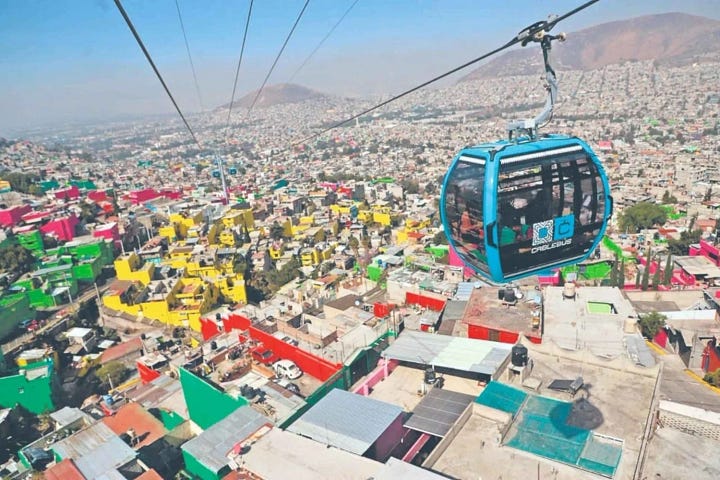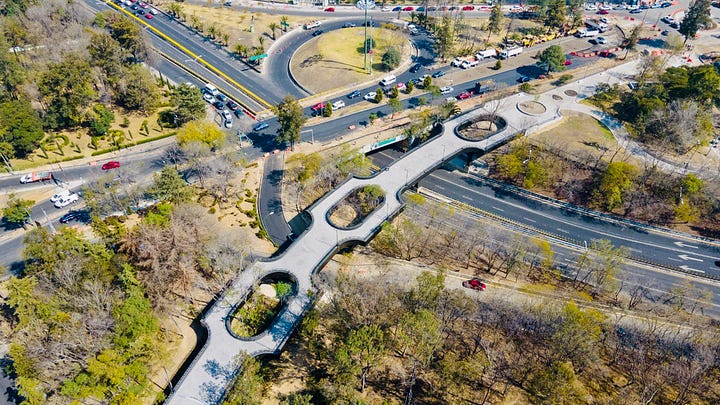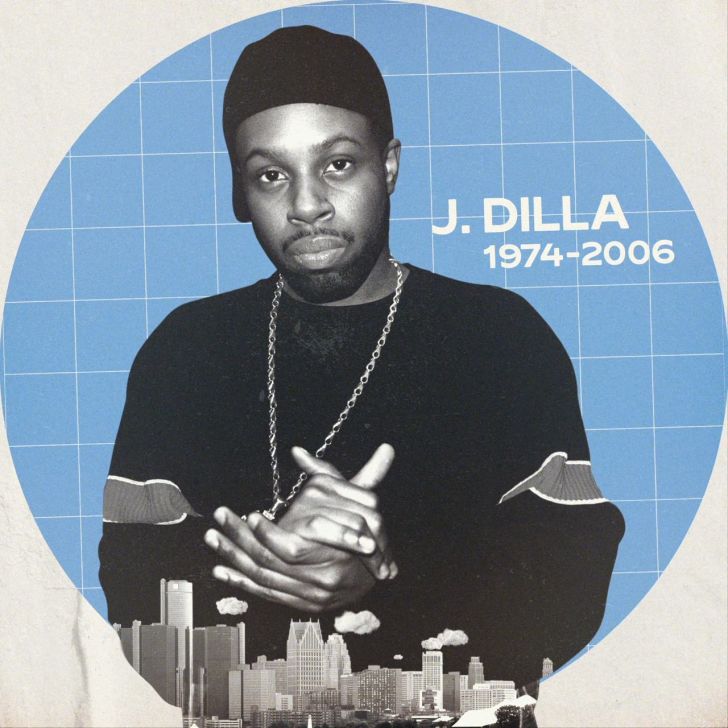Dear Friends,
As we approach the World Series and November 5th election, I’m drawn to a different kind of uncertainty — one that stretches 25 years into our future. I’ve been thinking about the world in 2050 and comparing it to the world of 1999 when I was a 19-year-old with big dreams and little life experience. Today, as a 44-year-old, I can appreciate just how transformative 25 years can be.
Food poisoning: This too shall pass
“Every paradise has its price.”
Last weekend, I was bed-ridden with a stomach infection, my second this year. Iris caught it too, but it hit me harder.1
The possible causes are endless: poor water filtration, inconsistent refrigeration of perishable food, lax food safety standards, an underdeveloped sewer system. All of those things can be fixed. Perhaps it’s more accurate to say that Mexico is in the process of fixing them.
In 1990, two out of every 1,000 children in Mexico died of diarrhea. By 2016, that number was cut in half. And by 2021, it was cut in half again. Our World in Data has a fascinating interactive timeline showing how, as countries grow wealthier, the death rate from diarrhea plummets.
I assume that in 2050 I’ll no longer suffer through my two annual stomach infections living in Mexico. Better water filtration, refrigeration, food safety, and sewer systems will make food-borne illnesses a distant memory. I’ll reread the Time Capsule and say to Iris, “Remember when we used to get food poisoning?” And we’ll laugh about it—just before we find something new to complain about. Probably the youth and their neural implants.
1999 was really 25 years ago?
“Music is the soundtrack of your life.”
While bed-ridden, I devoured Dan Charnas’ 15-hour audiobook, The Life and Afterlife of J Dilla, the Hip-Hop Producer Who Reinvented Rhythm.2
The book took me back to hip-hop and the 1990s—specifically, 1999 when J Dilla produced The Light by Common, Fall in Love by Slum Village, Find a Way by A Tribe Called Quest, and Dynamite! by The Roots.
None of those songs were hits. You barely heard them on the radio. It was still word of mouth back then. You’d catch a song in a coffee shop that sounded like nothing you’ve ever heard and the barista would flash the CD. In 1999, I probably spent more money on music than rent.3
If you would have told me in 2000, just wait 20 years and you’ll have instant access to all music for $10 a month, I would have Lost My Shit. 🤯 But now that I have it, I complain that my Everything Collection has ruined my relationship with music. Funny how we romanticize the past and become disappointed when our dreams come true.
So much to take for granted
"The true measure of progress is what we stop noticing.”
Earlier this year, I linked to a long list of ordinary life improvements since the 1990s, including reliable water heaters, faster internet, cheaper airfare, and tastier apples. We take these things for granted because … of course we do. But any honest accounting of life in the 1990s vs. 2020s leads to a long list of improvements:
For instance, I’m writing this from Mexico City, where the government provides free WiFi throughout the city, but I don’t need it because my ($13 a month) 5G connection is faster. The food, coffee, and public transit options have all improved dramatically in the past two decades.4 Just last year, they opened a floating pedestrian walkway connecting two sections of Chapultepec Park, a feat I once thought impossible.5 Now, the city feels almost perfect. Yet, I notice that my friends who live here still manage to find things to gripe about, mostly ignoring the steady stream of improvements.6


The world in 2050
“The real problem is not whether machines think but whether people do.”
All of these changes happened during what many economists call a “stagnation of innovation.” If that’s true, what will the next 25 years bring as we enter an era of accelerating technological innovation?
Erik Hoel made a list of predictions, including VR addiction, increased polyamory, and a Martian colony. His list of predictions inspired the anonymous writers at SMTM to offer their own, including pervasive robots, the end of wage labor, and the end of the concept of minorities.
Their list inspired others, all linking to each other under the banner “the 2050 project,” which prompted a summary and reflection by Erik Hoel, the thread’s originator.
I started to draft my own list:
Abundant renewable energy: Solar, wind, and nuclear energy will be so cheap, it’s practically free.
Unlimited fast broadband everywhere: No more dead zones (for better and worse). Again, so cheap it’s practically free.
Miracle drugs like Ozempic: That improve our physical and mental health and longevity.
Robotaxis and e-bikes everywhere: Cities will dedicate more streets to pedestrians, e-bikes, gardens, and outdoor dining.
Adapting to climate change: We’ll face warmer temperatures and more natural disasters, but we’ll adapt just fine, both technologically and socially.
Big financial incentives to have children: As populations shrink, governments will encourage larger families, longer careers, and shorter workweeks.
None of these are bold predictions—they’re already starting to happen. But beyond the obvious trends, four technologies strike me as wild cards that could completely reshape the future and what it means to be human:
AI-powered scientific discovery: Imagine unlocking 100 years of scientific discovery in just five years.
Nuclear fusion: Unlimited energy to cool the planet and power accelerated scientific discoveries.
Quantum computing: Including “the moment when quantum computing becomes powerful enough to crack the encryption systems that underpin our digital society.”
Brain-computer interfaces: That could increase the data transfer rate between computers and human brains, transforming how we communicate with technology and each other.
If all of these come to fruition in the 2030s, by 2050, the world will be so unrecognizable that trying to predict it feels futile. Already, 2024 looks a lot like what was depicted in Her just a decade ago. Then again, maybe there are fundamental barriers and none of the four big innovations will come to pass.
What I know for certain is that we'll still take progress for granted. And perhaps that's the most human thing about us—our remarkable ability to normalize the miraculous, even as we dream about what comes next.
I’m excited for 70-year-old me to re-open the Time Capsule. I hope he’s in perfect health thanks to medical breakthroughs. I hope he’s happy (with or without magic pills). And I hope he leaves a comment.7 What do you think he’ll find?
This is nothing new—when we lived in Mexico City, we averaged at least two stomach bugs a year. I’ve come to accept that this is the tax we pay to live in such a beautiful and friendly country.
It’s rare to see an audiobook maintain a 4.9-star rating, but this one deserves it. The research, storytelling, and narration are so good that, for a moment, I was glad to be sick because it gave me an excuse to stay in bed and keep listening.
I made $7 an hour plus tips and a new CD would go for somewhere between $10 - $15. Today I make around $100 an hour and pay $6.50 for unlimited access to all music. 19-year-old me would have never believed it. In 2000, LimeWire launched and I bought my first CD burner. I probably spent a third of my waking hours that year downloading music and burning them to CDs.
Unlike 20 years ago, I can affordably get anywhere at a moment’s notice with public bikes, scooters, Uber, the metro, electric buses, futuristic gondolas. (The best of this infrastructure is in the city’s poorest neighborhoods.)
Imagine if New York’s Central Park were divided in two with no way to cross!
It goes without saying that life in Mexico City has improved for some more than others. But I stand by the claim that it has improved for all.
I also hope he revisits Daron Acemoglu’s prediction that AI, aging, and tariffs will cause more inequality.






David - nice post. It's fun to think about what changes will come and how much we've changed. I think AI will replace a huge amount of jobs over the next 5-10 years (replace or make people so much more efficient, less workers will be needed): driving (and other transportation), medicine (make Drs really efficient), financial planning, lawyers, manufacturing, architecture, engineering, ... - it's hard to think of an industry that would be untouched - it may require a universal minimum salary - it could really disrupt our society - because of the cost, maybe a country like Mexico would lag in it's implementation - we'll see
There are a lot of pessimistic takes about the future but I share your optimism. I hope they invent cold fusion and it puts me out of a job in solar. We’re making good progress against climate change. The world is a better place than it was 25 years ago and I hope, and expect, it will be a better place 25 years hence.